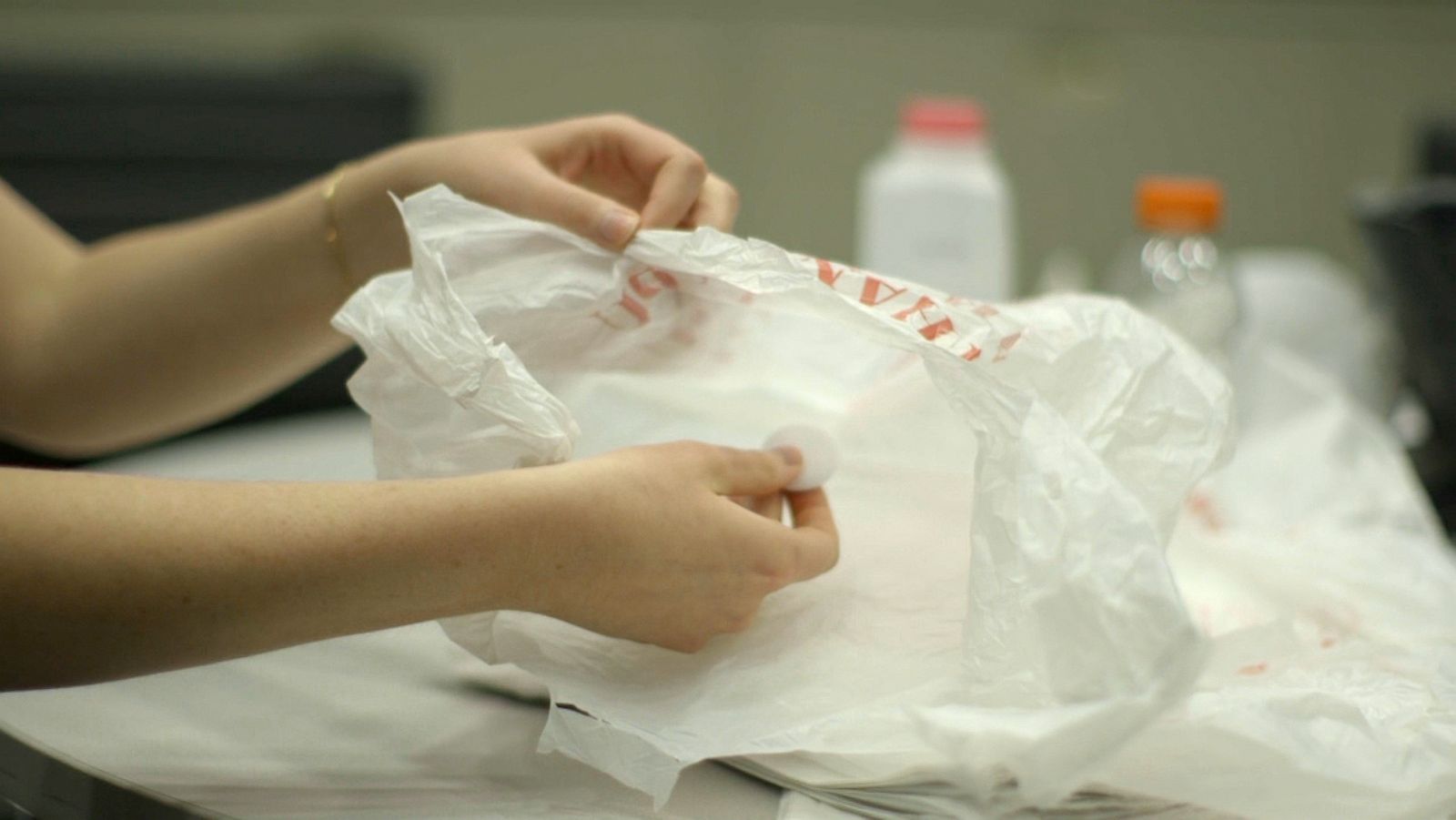In an era marked by growing environmental concerns, recycled plastic bags have emerged as a beacon of hope in the fight against plastic pollution. These innovative products not only help mitigate the environmental impact of single-use plastics but also embody a shift towards sustainable consumerism. As we explore the multifaceted world of recycled plastic bags, we’ll uncover their practical, ecological, and symbolic significance in reshaping our approach to everyday carry solutions.
The Evolution of Plastic Bag Recycling

From Waste to Resource: The Recycling Process
The journey of a plastic bag from waste to a recycled product is a testament to human ingenuity and technological advancement. The process begins with the collection of discarded plastic bags and bottles, which are then sorted, cleaned, and shredded into small flakes. These flakes are melted and extruded into new plastic pellets, which serve as the raw material for creating recycled plastic bags.
This transformation not only diverts plastic from landfills and oceans but also reduces the need for virgin plastic production. Companies like Kind Bag have perfected this process, creating colorful, eco-friendly bags made entirely from recycled plastic bottles. Their success demonstrates the viability of large-scale plastic recycling and its potential to disrupt the traditional plastic manufacturing industry.
Technological Innovations in Recycling
Advancements in recycling technology have played a crucial role in making recycled plastic bags a reality. New sorting techniques, including optical sensors and artificial intelligence, have improved the efficiency of plastic waste segregation. Additionally, chemical recycling methods are emerging, allowing for the breakdown of plastic into its molecular components, which can then be used to create new, high-quality plastic products.
These technological leaps have not only increased the quality of recycled plastic bags but have also expanded the types of plastic that can be recycled. As a result, more complex and previously unrecyclable plastics are finding new life as durable, attractive bags.
The Circular Economy Model
The production of recycled plastic bags exemplifies the principles of a circular economy. Unlike the traditional linear economy model of “take-make-dispose,” the circular economy seeks to keep resources in use for as long as possible. By turning plastic waste into new products, the lifecycle of plastic is extended, reducing waste and conserving resources.
This model has far-reaching implications beyond just bags. It encourages businesses and consumers to rethink their relationship with materials, viewing waste as a valuable resource rather than a disposable byproduct. As this mindset spreads, it has the potential to transform various industries and consumer behaviors, leading to a more sustainable economic system.
The Environmental Impact of Recycled Plastic Bags

Reduction of Plastic Pollution
One of the most significant benefits of recycled plastic bags is their role in reducing plastic pollution. Every bag made from recycled materials is one less new plastic bag entering the environment. Given that conventional plastic bags can take hundreds of years to decompose, the impact of this shift is substantial.
Companies like reCharkha are taking this a step further by employing traditional weaving techniques to create beautiful, handwoven products from waste plastic. This not only addresses the issue of plastic pollution but also preserves artisanal skills, creating a unique intersection of environmental conservation and cultural preservation.
Energy and Resource Conservation
The production of recycled plastic bags requires significantly less energy and resources compared to manufacturing bags from virgin plastic. This reduction in energy consumption translates to lower greenhouse gas emissions, contributing to the fight against climate change.
Moreover, by reusing existing plastic, the demand for petroleum-based raw materials is decreased. This not only conserves non-renewable resources but also reduces the environmental impact associated with oil extraction and processing.
Awareness and Education
The visibility of recycled plastic bags in everyday life serves as a constant reminder of environmental issues and the importance of sustainable choices. As consumers carry these bags, they become walking advertisements for eco-friendly practices, sparking conversations and raising awareness about plastic pollution and recycling.
Educational initiatives, such as those provided by Recycling Now, complement this by offering essential tips on effective recycling. By empowering consumers with knowledge about proper disposal methods and the importance of cleanliness in recycling, these efforts enhance the overall effectiveness of recycling programs and foster a culture of environmental responsibility.
The Economic and Social Implications of Recycled Plastic Bags
Job Creation and Economic Growth
The recycled plastic bag industry has become a significant source of employment, from collection and sorting to manufacturing and retail. As demand for these products grows, so does the potential for job creation, particularly in regions where waste management and recycling infrastructure are developing.
Companies like Custom Earth Promos, which focus on custom reusable shopping bags made from recycled water bottles, demonstrate how this industry can merge sustainability with business growth. Their customization services allow other businesses to promote their brands while advocating for sustainability, creating a ripple effect of eco-conscious practices across various sectors.
Consumer Behavior and Market Trends
The rise of recycled plastic bags reflects a broader shift in consumer preferences towards sustainable products. As environmental concerns become more pressing, consumers are increasingly willing to pay a premium for eco-friendly alternatives. This trend is reshaping market dynamics, pushing companies to innovate and adopt more sustainable practices to remain competitive.
Brands like ANYBAG, which repurposes single-use plastic into fashionable totes, show that sustainability can align with style and practicality. This fusion of environmental responsibility with personal expression is likely to accelerate the adoption of eco-friendly products across various consumer segments.
Social Responsibility and Brand Image
For businesses, adopting recycled plastic bags as part of their operations is becoming a key aspect of corporate social responsibility. It demonstrates a commitment to sustainability that can enhance brand image and customer loyalty. As consumers become more discerning about the environmental impact of their purchases, companies that proactively embrace sustainable practices are likely to gain a competitive edge.
Moreover, the use of recycled plastic bags can serve as a starting point for broader sustainability initiatives within organizations. It can inspire companies to reevaluate their entire supply chain and operational processes, leading to more comprehensive environmental strategies.
Challenges and Future Prospects
Overcoming Quality Perceptions
Despite advancements in recycling technology, there remains a perception among some consumers that recycled products are of inferior quality. Addressing this misconception is crucial for the widespread adoption of recycled plastic bags. Educating consumers about the rigorous quality control measures in place and showcasing the durability and attractiveness of modern recycled bags can help shift these perceptions.
Scaling Up Infrastructure
As demand for recycled plastic bags grows, there is a pressing need to scale up recycling infrastructure. This includes improving collection systems, expanding processing facilities, and investing in advanced recycling technologies. Governments and private sector collaboration will be essential in developing the necessary infrastructure to support a robust recycled plastic bag industry.
Innovation in Material Science
The future of recycled plastic bags lies in continued innovation in material science. Research into new recycling methods, biodegradable additives, and composite materials could lead to even more sustainable and versatile bag options. For instance, developments in bio-based plastics that can be easily recycled alongside traditional plastics could revolutionize the industry.
Policy and Regulation
Government policies and regulations play a crucial role in promoting the use of recycled plastic bags. Initiatives such as plastic bag bans or taxes on single-use plastics can drive demand for recycled alternatives. Additionally, policies that incentivize the use of recycled materials in manufacturing can help create a more robust market for recycled plastic products.
Conclusion
The rise of recycled plastic bags represents a significant step towards a more sustainable future. These innovative products not only address the pressing issue of plastic pollution but also symbolize a broader shift in consumer attitudes and business practices. By transforming waste into valuable resources, recycled plastic bags embody the principles of a circular economy and demonstrate the power of human ingenuity in tackling environmental challenges.
As we move forward, the continued success of recycled plastic bags will depend on ongoing technological innovation, supportive policies, and growing consumer awareness. Each recycled bag used is a small but meaningful contribution to reducing our ecological footprint and fostering a culture of environmental responsibility. In embracing these sustainable alternatives, we not only make a practical choice but also participate in a global movement towards a cleaner, greener planet.
The journey from waste to resource, as illustrated by the evolution of recycled plastic bags, serves as an inspiring example of how even the most mundane items can become catalysts for positive change. As we continue to face environmental challenges, the story of recycled plastic bags reminds us that solutions often lie in reimagining our relationship with the materials we use every day. By choosing recycled plastic bags, we take a step towards a future where sustainability is not just an option, but a way of life.
Sourcing by VNPLAST



